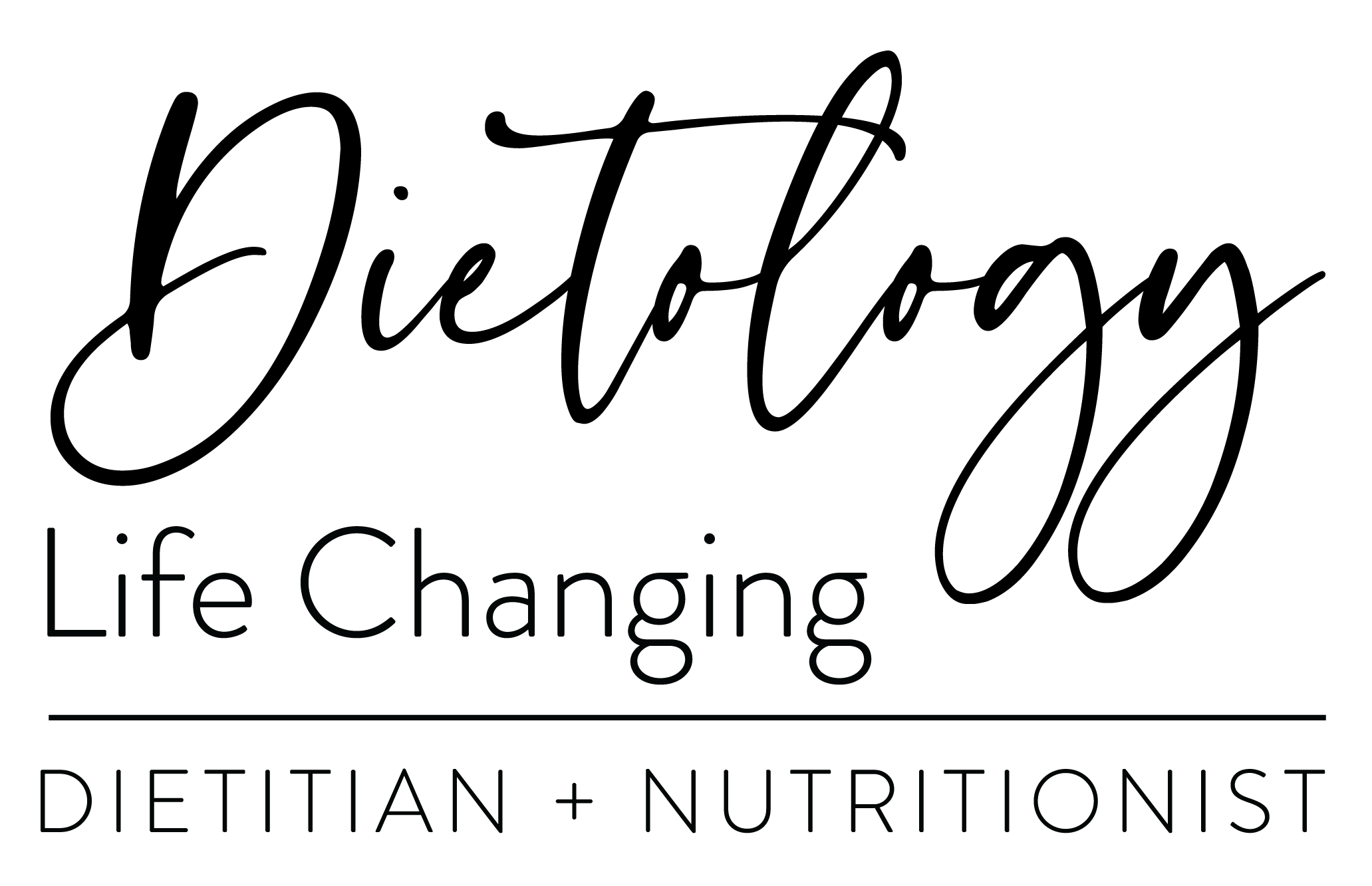What You Need To Know About Endocrine Disruptors and Your Thyroid
Endocrine disruptors and your thyroid: What are the symptoms, avoidance, and healthier replacements?
Your thyroid is a vital gland that regulates metabolism, energy, mood, and overall well-being. However, its function can be significantly impacted by endocrine disruptors—chemicals that interfere with hormone balance in your body.
These compounds, found in everyday products and the environment, can contribute to thyroid dysfunction, potentially worsening conditions like Hashimoto's thyroiditis or hypothyroidism.
What Are Endocrine Disruptors?
Endocrine disruptors are chemicals that mimic or interfere with the body’s hormones. They can bind to hormone receptors, block hormone production, or alter how your body processes hormones.
For thyroid health, these disruptors may:
Interfere with thyroid hormone production.
Block iodine uptake, crucial for hormone synthesis.
Mimic thyroid hormones, leading to imbalanced signalling.
Common endocrine disruptors include:
Bisphenol A (BPA): Found in plastics and food containers.
Phthalates: Present in personal care products, fragrances, and vinyl.
Pesticides and herbicides: Such as glyphosate.
Polybrominated diphenyl ethers (PBDEs): Flame retardants in furniture and electronics.
Heavy metals: Mercury and lead can disrupt thyroid function.
How do endocrine disruptors affect your thyroid?
Thyroid dysfunction caused by these chemicals may present as:
Hypothyroidism symptoms: Fatigue, weight gain, hair thinning, dry skin, and depression.
Hashimoto's flares: Increased inflammation and antibody levels.
Goiter or thyroid nodules: Enlarged thyroid or lumps due to disrupted iodine metabolism.
What are the symptoms of exposure to endocrine disruptors?
Symptoms may overlap with general thyroid issues, making it challenging for you to identify the root cause. Look for these red flags:
Persistent fatigue despite adequate sleep.
Sudden weight changes (gain or loss).
Difficulty regulating body temperature.
Brain fog and memory issues.
Hair loss or brittle nails.
Worsening symptoms of existing thyroid conditions.
How can you avoid endocrine disruptors?
Minimizing exposure to these chemicals requires conscious lifestyle changes. Here’s how to start:
1. Switch to Safer Food Storage
Use glass or stainless steel containers instead of plastic.
Avoid microwaving food in plastic to reduce BPA and phthalate leaching.
2. Choose Clean Personal Care Products
Opt for fragrance-free or naturally scented products.
Look for phthalate-free and paraben-free labels.
Simplify your skincare routine with organic, single-ingredient options like coconut oil or shea butter.
3. Filter Your Water
Install a water filter certified to remove heavy metals, chlorine, and fluoride, which may interfere with thyroid function.
4. Eat Organic or Wash Produce
Reduce pesticide exposure by choosing organic fruits, vegetables, and grains when possible. Organic produce can be quite expensive and/or inaccessible, so wash produce.
Wash produce thoroughly to remove residue.
5. Be Mindful of Household Items
Select non-toxic cleaning supplies, avoiding bleach (where you can) and ammonia.
Opt for natural furniture and textiles free from flame retardants.
6. Avoid Non-Stick Cookware
Use stainless steel or cast-iron pans instead of those coated with per- and polyfluoroalkyl substances (PFAS).
What are some healthy replacements for everyday products?
Plastic containers - replace with glass or stainless steel
Synthetic fragrances - replace with essssential oils (lavender, lemon, tea tree)
Non-stick cookware - replace with cast iron, stainless steel, ceramic
Chemical cleaning products - replace with vinegar, baking soda, natural soap
Conventional skincare - replace with natural/organic, non-toxic brands or DIY options
How to also support your thyroid naturally
In addition to reducing exposure, support your thyroid through:
Optimal iodine intake: Found in seaweed, fish, and iodized salt.
Selenium-rich foods: Brazil nuts, eggs, and sunflower seeds.
Reducing inflammation: Incorporate anti-inflammatory foods like turmeric, berries, and leafy greens.
Takeaways
Protecting your thyroid from endocrine disruptors is a crucial step in maintaining hormonal balance and overall health.
There is a lot to consider, and it may be overwhelming, however start small. By making small, intentional swaps in your lifestyle, you can reduce exposure and support your thyroid naturally.
Your thyroid health is worth the effort—start small and build habits that last a lifetime.
Have questions about your thyroid?
As a dietitian specialising in Hashimoto's, fertility, and pregnancy, I can help you create a personalised plan for your thyroid health.
Connect with me to learn more about nourishing your body and protecting your hormones.

